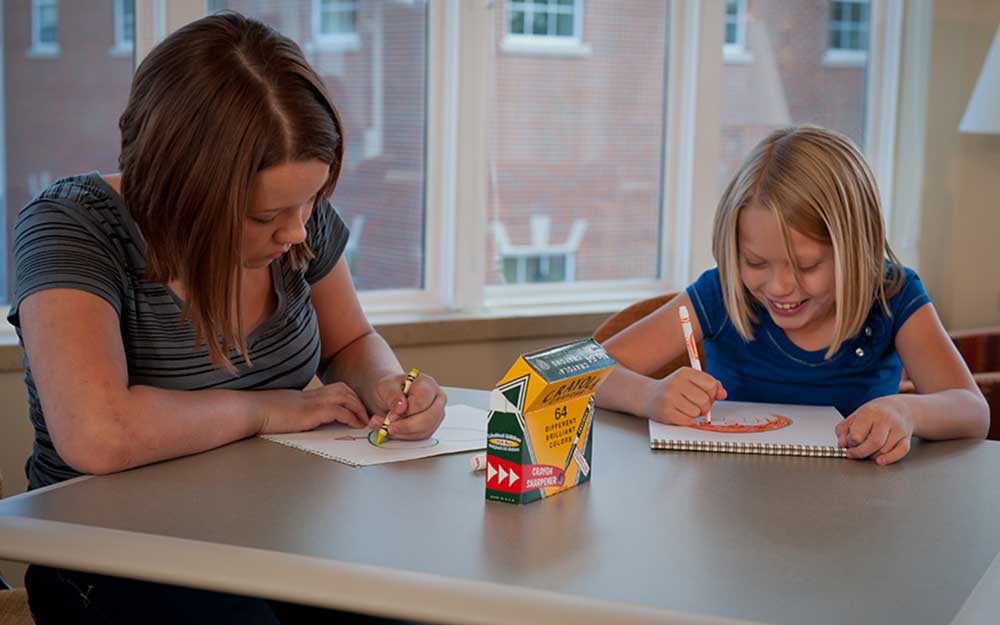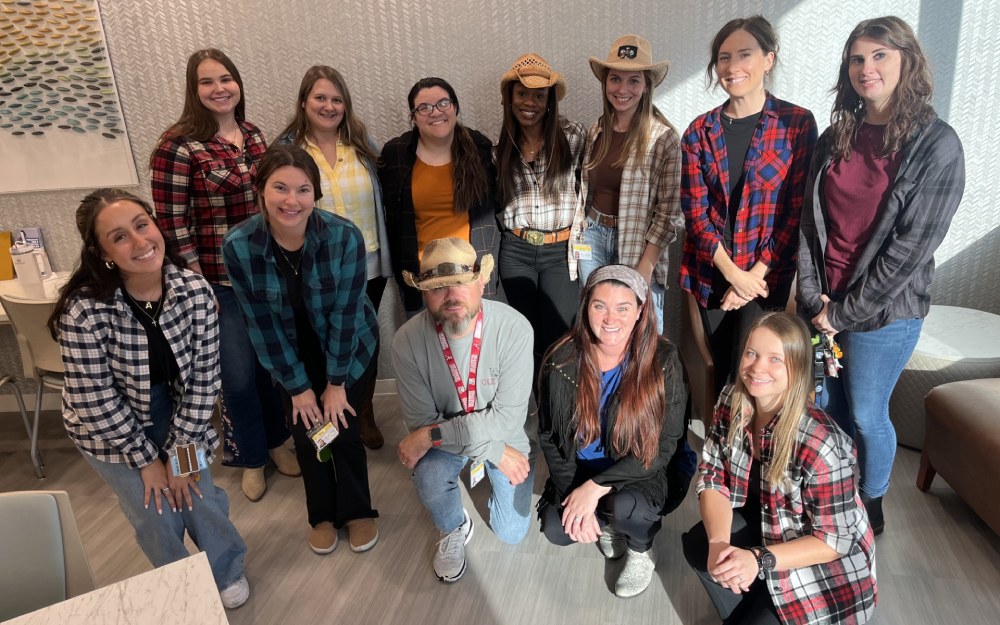
Weekend programming revamp at Rogers leads to better patient, caregiver satisfaction
08/13/21 11:15:amA recent solution from a rapid improvement event (RIE) on weekend programming is now in place at multiple residential programs and is resulting in better patient and staff satisfaction.
Leading up to the event, both patients and weekend employees were dissatisfied with the schedule in residential programs and felt like not enough advancements were made toward treatment goals. Eddie Tomaich, PhD, director of Residential Services, says that residential care specialists weren’t given enough tools or direction on what to do on Saturdays and Sundays.
In the 90-day report-out for the event, the team measured a 53% increase in staff satisfaction and a 6% increase in patient satisfaction. Both staff and patients cited the benefits of more exposure work and behavioral activation accomplished over the weekend.
“What we ended up doing was giving our teams options for structured activities that they can run,” Dr. Tomaich says. “The experiential therapy team really helped develop many activities for weekend programming.”
Standard work was developed for weekend group activities along with a list of suggestions, including disc golf, four square, eggshell races, and options for unplugged time like coloring and working on puzzles.

On Thursdays during group time, patients discuss with behavioral specialists what activities they would like to do. This allows for time on Friday for any needed prep work or to gather necessary supplies. They also fill out a weekend packet with their specific therapeutic goals for each activity.
“That step is helpful to both the residential care specialist team and patients,” according to Sara Jagdfeld, a behavioral specialist in Focus Depression Recovery Adolescent Resident Care.
“We found that it was helpful to talk with them about their ideas, which they get more excited about because they’re involved,” Sara says.
Sara also mentioned that because there is a set schedule, they see less instances of residents getting distressed or acting inappropriately. There were some concerns early on among team members that it would be hard to fit planning into the schedule, but Sara says that “once you start doing it, it’s just part of the group session you’re already having. It’s not more work, and it’s beneficial for everyone.”
While Sara admits there was some hesitancy over the change for some of the team members, everything came together really well. Her advice for other programs implementing new processes or RIE solutions is to keep an open mind and a positive attitude.





